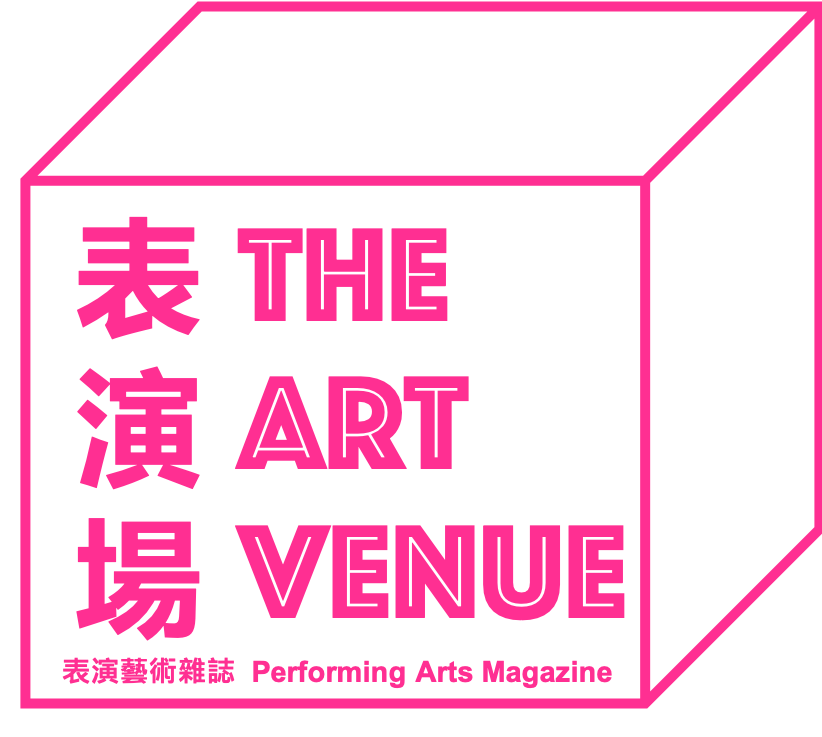談音樂:香港能發展出像百老滙的音樂劇產業嗎? (上)|岑偉宗 On Music - Could Hong Kong Develop a Musical Industry Like Broadway? (Part 1) (by Chris Shum)
撰文:岑偉宗 By: Chris Shum
岑偉宗。香港作詞人。詞作多見於音樂劇及舞台劇,亦散見於電影、電視及流行曲。
Chris Shum is a celebrated lyricist with work spanning musicals, plays, movies, television dramas and pop music.
這是個老掉牙的題目。從我入行(一九九四年)那時已經有人不時 拿「百老匯」這個詞來類比、模仿、學習。近年,我覺得我們真的 不用太追慕「百老匯」,畢竟是兩個世界。見賢思齊是好事,但怎樣「 齊 」, 卻是關鍵 。
香港的表演藝術的確在養活一些人,是否算 是「產業」?以常識去估計,產業應該有人生產、有人需求,還有人在做供應鏈吧?譬如有人做了台受歡迎的作品,觀眾不斷買票 ,作品不斷演出,直至買票的人龍油盡燈枯為止。如果有私營的劇場,可以因應市場情況調整檔期,這個畫面應該會出現。
上世紀五十年代,香港有很多私營的戲院, 六十年代開始都給陸續拆卸,政府劇院進場 ,以公平為原則平均「分配」給市民。劇院由營運生意的地方轉變成為提供民娛康樂的場地,這大概是表演藝術的第一次「行業轉型」,後來的就是歷史了。經歷了幾個世代,到了這一輩,可能需要另一次的「行業轉 型 」, 把「 營運生意」 這回事召喚歸位,成就「產業」的發展土壤。
香港也曾有過商業粵劇在商業劇院百花齊放的日子。留到今天還有仙鳳鳴這個文化 Icon,雅俗共賞。香港電影《英雄本色》影響韓國,近年由韓國人改成音樂劇。我看戲時,心裏不禁問:是香港本身冇材料?還是香港自己沒地方去孕育這些東西?
目前全球經濟經歷之大變,傳統地產投資 的方式會否改變?又是否會有些有心人找到商業劇場在城市裏的新角色呢?真的要拭目以待。
不過,有「土壤」, 也要想想怎樣栽種,篇幅所限,留待下期再講。
This is a well-worn topic of discussion. When I entered the business (in 1994), there were already a number of people talking about ‘Broadway’ as a comparison, a model, an object of study. In recent years, I feel we don’t really need to pine after ‘Broadway’ — after all, these are two different words. “Learning from the best” may be a good thing, but how best to learn is crucial.
Performing arts in Hong Kong certainly feeds some mouths, but can it be called an industry? Judging by common knowledge, an industry needs someone in production, someone in demand, and someone in supply chains, right? For example, say someone created a well-received work. The crowd keeps buying, the work keeps showing, until the endless lineups finally run out. If there was a private theatre company who could adjust their season according to market needs, such a scenario would be likely to appear.
In the previous century, during the ‘50s, there were many privately-run theaters in Hong Kong, which gradually began to be dismantled in the ‘60s. The government-run theaters entered the scene, ‘distributed’ to citizens using fairness as a principle. The theater changed from a place of business operation to a venue of leisure and recreation for the public. This arguably was the first ‘industry shift’ for performing arts; the rest is history. A few generations have since passed; when it comes to this generation, we could do with another ‘industry shift’, returning ‘business operation’ to its proper place, and providing fertile soil for the development of the ‘industry’.
Hong Kong was also once a place where a hundred schools of commercial Cantonese opera bloomed. Up till today, we still have Sin Fung Ming, a cultural icon for popular and elite alike. Hong Kong film A Better Tomorrow deeply affected Korea, to the point where in recent years, the Koreans made a musical out of it. As I watched it, I could not help but ask myself, “does Hong Kong lack raw material? Or is it that there is no place to nurture these things in Hong Kong itself?”
As the global economy experiences great changes, will the traditional method of real estate investment change with it? Or might there be some concerned individuals who find a new role for commercial theater in the city? We’ll keep our eyes peeled.
In any case, where there is ‘soil’, we must consider how to plant. Due to length constraints, we’ll save this for next time.
(Translated by Elliott Cheung)

